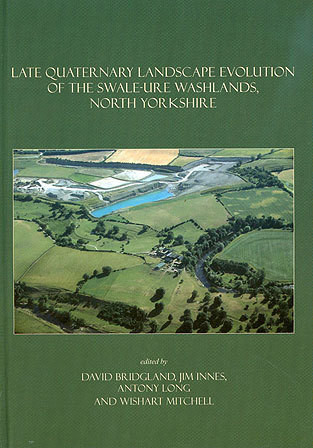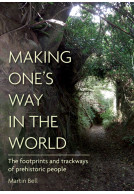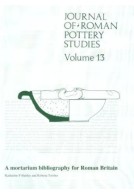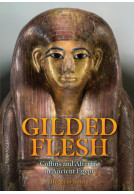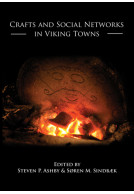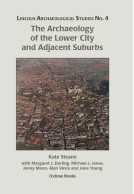Google Books previews are unavailable because you have chosen to turn off third party cookies for enhanced content. Visit our cookies page to review your cookie settings.
Late Quaternary Landscape Evolution of the Swale-Ure Washlands, North Yorkshire (Hardback)
Imprint: Oxbow Books
Pages: 336
Illustrations: 16 pages of col illus, CD
ISBN: 9781842173749
Published: 15th April 2011
Script Academic & Professional
Pages: 336
Illustrations: 16 pages of col illus, CD
ISBN: 9781842173749
Published: 15th April 2011
Script Academic & Professional
You'll be £32.00 closer to your next £10.00 credit when you purchase Late Quaternary Landscape Evolution of the Swale-Ure Washlands, North Yorkshire. What's this?
+£4.99 UK Delivery or free UK delivery if order is over £40
(click here for international delivery rates)
Order within the next 6 hours, 30 minutes to get your order processed the next working day!
Need a currency converter? Check XE.com for live rates
(click here for international delivery rates)
Order within the next 6 hours, 30 minutes to get your order processed the next working day!
Need a currency converter? Check XE.com for live rates
Reporting on a multi-disciplinary project this book seeks to reconstruct the history since the last glaciation of the area between and including the middle reaches of the Rivers Swale and Ure in Yorkshire. Included in this history are both natural changes, determined from studies of landforms and sediments, and human-induced changes, recorded in archaeological and geo-archaeological records. The work is set in the context of previous research and pre-existing knowledge, outlined in an introductory chapter. Key methods used include geomorphological mapping and the study of sediment exposures, both aimed at reconstructing the final phases of glaciation and then the melting of the ice and its replacement by the post-glacial rivers, as well as the use of fossil materials to reconstruct the post-glacial record, both of natural change and increasing anthropogenic impacts. Particular emphasis is given to pollen analyses, with supplementary data from plant macro-fossils, molluscs, insects and vertebrates, the whole being constrained by some 57 new radiocarbon dates. The penultimate of the five chapters provides an overview of the archaeological record from the study area, while in the final chapter the work is synthesized and placed in a wider national and international context. The detailed geomorphological mapping has provided an improved understanding of the interactions of the various ice bodies during the Last Glacial, notably the Pennine ice from Wensleydale and its coalescence with the larger Vale of York ice-sheet. Also, by combining data from the various localities studied, the palaeo-ecological work provides an unusually complete record of environmental change from deglaciation to post-Medieval times. The text is copiously illustrated and an accompanying CD provides a high-resolution electronic copy of the geomorphological map, as well as written reports on the radiocarbon dating and on attempted OSL and amino-acid dating, colour versions of some of the illustrations and other archival material.
Other titles in Oxbow Books...







